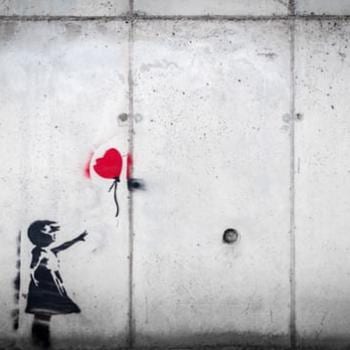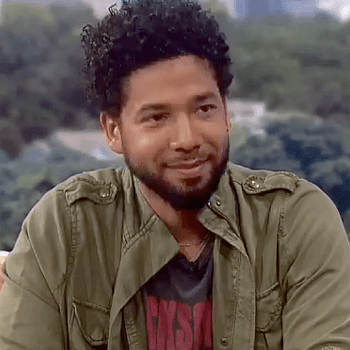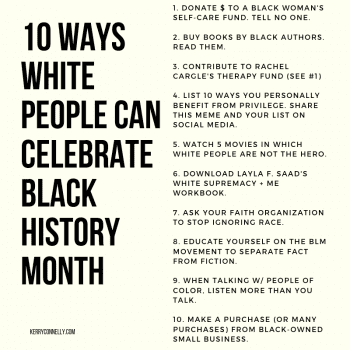As a Jesus Freak, I always look for Jesus. As a feminist, I always see the women. And there was one woman in particular who stood out for me as I watched the upcoming episode of The Story of God, which airs on the National Geographic Channel on January 16th at 9pm EST.
She was only on the episode for a few moments, and remained silent for that entire time. Men got a lot of airtime in this episode. Women, not so much. Just like in everyday church.
But her face said everything we needed to know.
Because, just like in the Bible, just because women are silent and nameless doesn’t mean we don’t have a huge part to play in God’s story. We are the mothers, the life-bearers, the holy hookers who rescue men in baskets. We are the healer of wounds, the hands that rub the spices on the dead bodies. It is our hands that prepare the meals around which communions happen; it is our money that supported the most famous ministry of all.
This episode of The Story of God profiles (among others) nine year old Jalue Dorjee, who many Tibetan Buddhists believe is a reincarnation of a guru who has been returning to earth for centuries. He lives with his parents in Minnesota, where they moved from Tibet in 1999. But when Jalue turns ten, he’ll leave his parents to go live abroad, to continue his studies and life as a Buddhist monk.
As Morgan Freeman spoke to Jalue’s family about his impending departure, his mother’s face was tight and stoic, her eyes downcast, her mouth set. The expression of sacrifice, of mothering the chosen.
My mind immediately went to Hannah, who longed for a son and then, when she was finally blessed with one, weaned him and left him at the temple, a spiritual and emotional sacrifice to God.
And of course, I think of Mary, who bore her son with very vague instructions from the Big Guy Upstairs, and in the face of great personal danger. She bore her son, and he taught us all how to live before He died. But I can’t imagine what Mary felt as she saw her boy tortured, humiliated, and nailed to a cross.
Sacrifice is a theme in this episode — this idea that all religions have A Chosen One — one who sacrifices for the common good, who bears the weight of the community. We see the (male) Christian missionary who went to prison for spreading the Gospel in North Korea. We see the Shia men (all men, not a single woman) commemorate the martyrdom of Hussein ibn Ali, grandson of the Prophet Mohammed, who sacrificed himself for his faith. We see Taoist mediums (male) pierce their bodies with swords to call down blessings for their town.
I can’t help but wonder here: Does God really only choose men? Or does society only choose to see the men that God has chosen, and not the women?
I also can’t help but notice that in the Biblical story of God, if men do the personal sacrificing, it’s women who are losing them to their ministries, giving up their babies in service of the Lord. So if we are created in His image, male and female we are created, women of the earth are the maternal God image, the ones whose children are being torn from them, separated from them, and sacrificed.
God loves his son Jesus, and I believe that Jesus’s sacrifice was incredibly painful for God the Father. And it was painful, too, for God the Mother, the female aspect of God of the Angel Armies.
Like the men in this episode of The Story of God, the paternalistic nature of God gets a lot of airplay in the history of the world. Look at our patriarchy and our chosen ones — spiritual, political, relational. Look at the way our stories name men but not women. Look at how many people will freak out because I said God the Mother.
But the women are there, too, if you look. We’re there, doing the work of our hands, stoic and strong, sacrificial and holy.
We’re there, in the history, mirroring God in the story of the earth, the maternal creator, made in his image. And when we pray, and when we cry out to God in our mourning and loss, we whisper to our father, I get you on this, God. Because I know you get me, too. Look, now, at our sacrifice. Look at what you did for us — for all of us. Because we are all chosen.
And soon, the resurrection.












